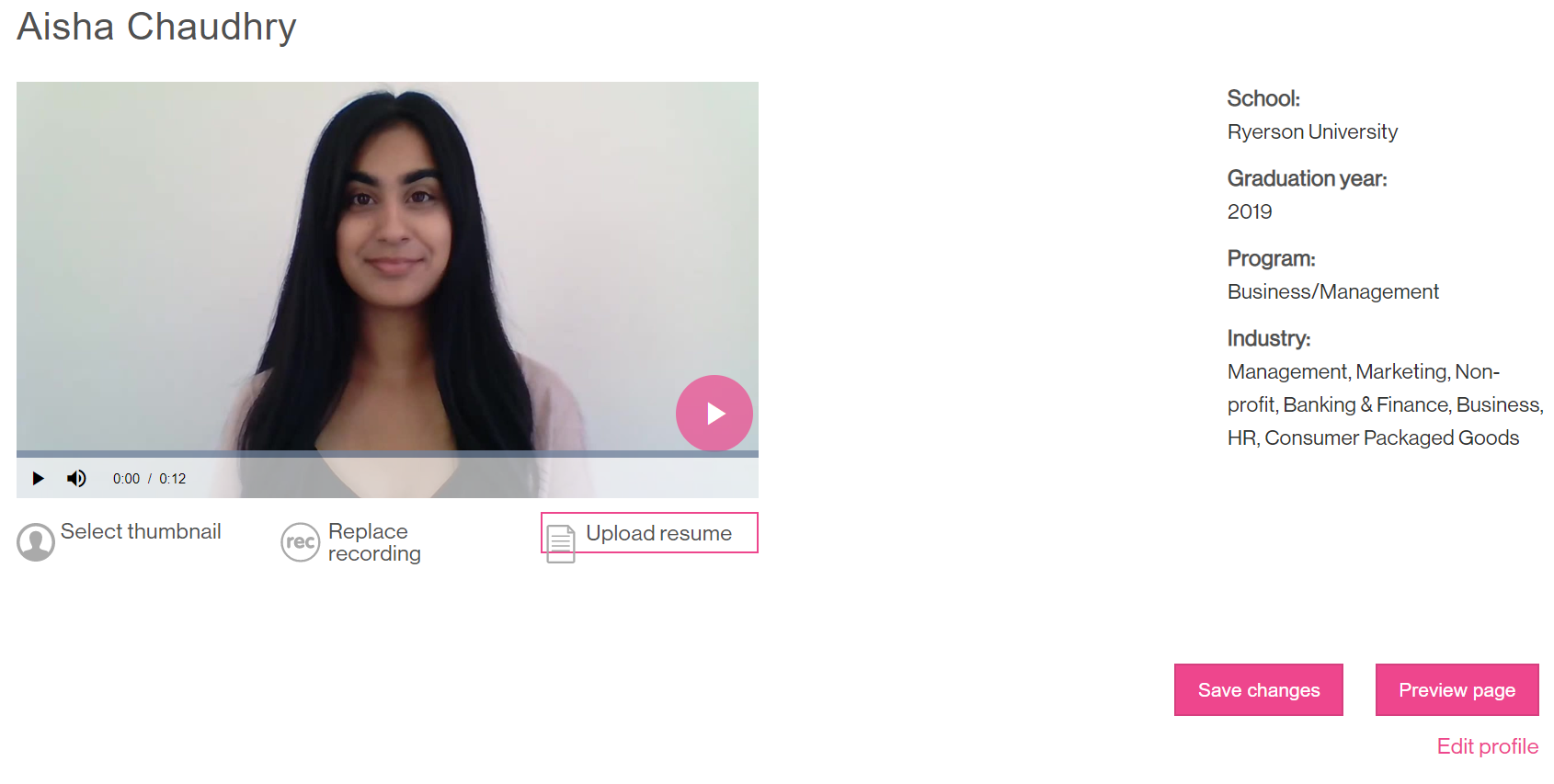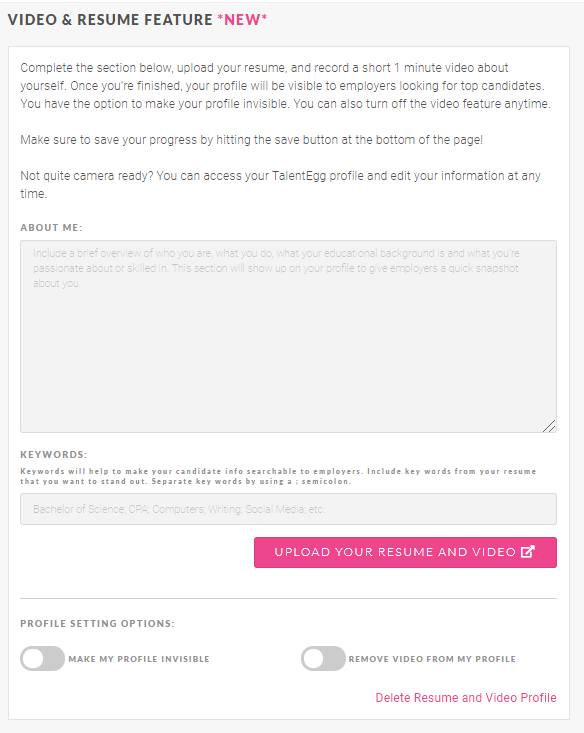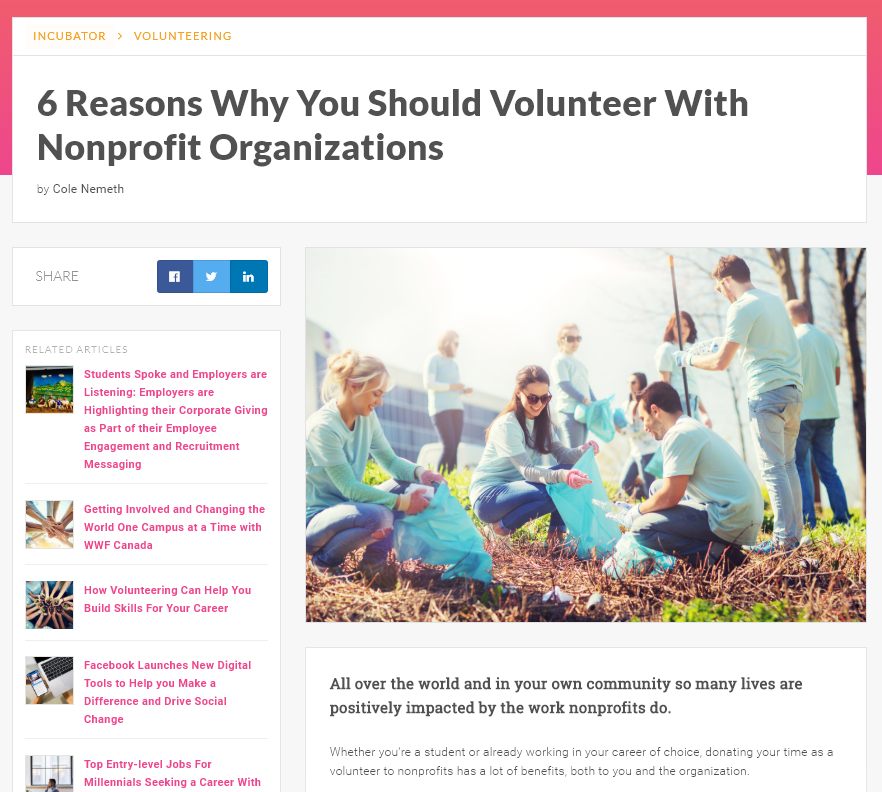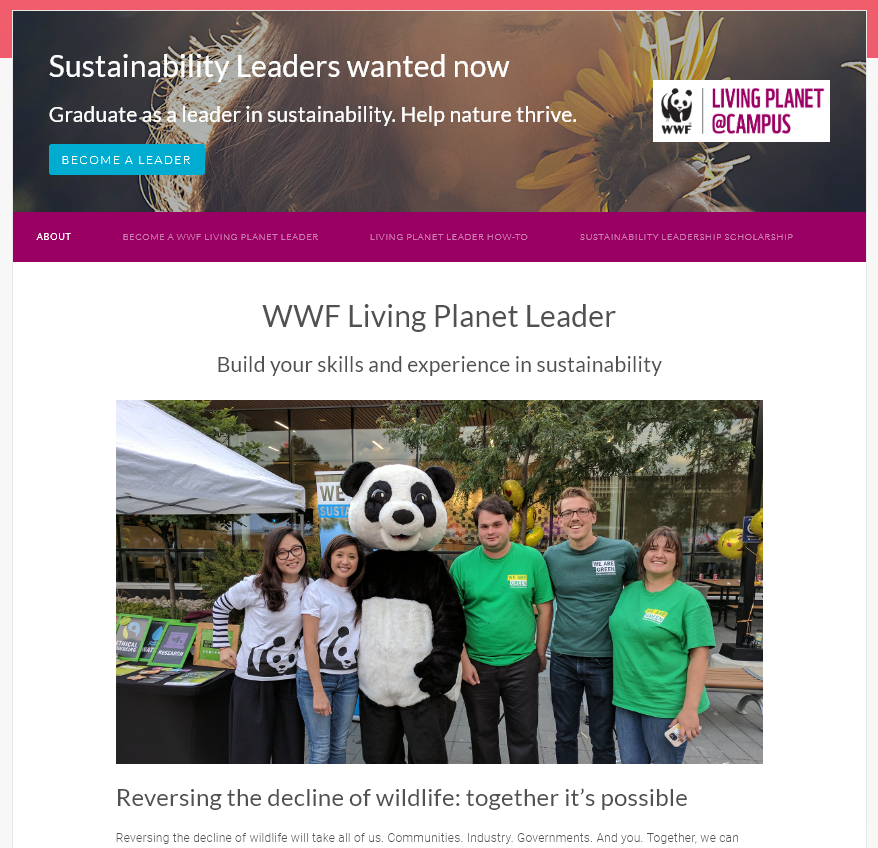It’s no surprise that having a positive candidate experience is beneficial to your employer brand. So why are so many candidates having negative experiences during the application, interview and hiring process? In our 2019 TalentEgg Survey, we asked students, grads and early career professionals what their biggest pet-peeves about the recruitment process are. Their answers may not surprise you – you may have been in a similar situation yourself! We’ll be sharing how to avoid these recruitment mishaps and ensure your organization is always seen and spoken about in a positive light when it comes to recruiting.
Overwhelmingly the number one complaint from job seekers came down to communication (or lack thereof!). Many felt that there was either too long of a gap between the application process and hearing back about a decision, or many times not receiving a response at all. After all, no one likes to be “ghosted”! Ensure you have an automated message (at the very least) to give candidates a sense of where they are in the recruitment process.
Social media makes it easy to share information, especially negative experiences. When a candidate feels they’ve been treated poorly during this stressful and nerve wracking time, they remember the companies that went above and beyond to make their experience positive, even if they didn’t end up getting the job.
Another pet-peeve among young job seekers was the lack of human touch during the application process. Even though AI can be an efficient part of your recruitment strategy, be mindful about how you’re integrating it into your process. Is it at the expense of a positive experience or potentially letting a superstar get buried underneath the digital mountain of documents or algorithm data?
Although 50% of early career professionals and 46% of post-secondary students were neutral about Artificial Intelligence being used in the recruitment process, an overwhelming majority complained about feeling like their applications went into a black hole and were frustrated by the challenge of showing the real person behind the CV and getting a chance to tell their story to recruiters.
Introducing our new Talent Candidate Video Showcase! Launching this fall, TalentEgg is the first online career website in Canada that allows young candidates across Canada the capacity to upload their personalized 2 minute video “elevator pitch” and CV to a searchable database for recruiters. These candidate profiles will be available to employers to find the best talent for their organization through easy-to-use keyword search function. By pre-screening and interviewing through our TalentEgg Candidate Video Showcase, you will be able to add a human touch to your recruitment process, while benefiting from optional AI technology and the efficiencies of a digital platform. You will be able to see the real person behind the CV and get the essence of the candidates’ value proposition in their own words in a video introduction that adds transparency and authenticity to the application process and greater insights into the job seeker.
Message top candidates or invite them to submit video answers to additional screening questions, take part in a two-way interview or a panel interview of up to 10 participants. Use our platform throughout your annual campaign for all of your hiring, or sign on for discrete, a la carte services just when you need them.
Other pet peeves that were mentioned were:
- Manually filling out applications’ fields when candidates have already attached their resume and cover letter with the same information
- Bias in the application and interview process
- Unrealistic expectations of years of experience for the posted job
“I appreciate companies that take the initiative to eliminate pain points in their applications after receiving feedback and recognizing redundancy in the application process. It’s crucial that organizations make the recruitment process easy for top talent so as not as risk abandonment because the application is too long and too much effort.”
Aakanksha Sharma, University of Waterloo, 2019
Keep these pet peeves in mind when you and your team are going through your recruitment process. Maybe it’s time for an internal audit and new strategy to keep your organization top of mind with job seekers! Contact us to find out how we can help you hire the best young talent!










